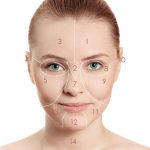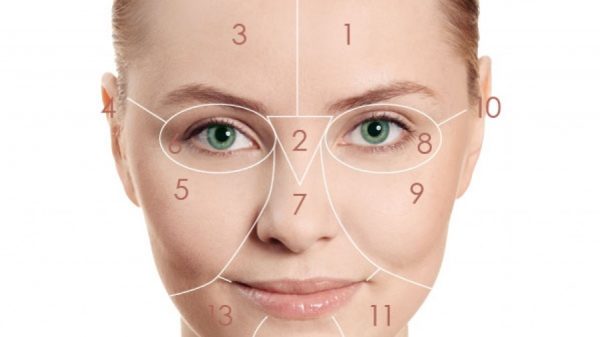In the era of rapid technological advancement, artificial intelligence (AI) is emerging as a game-changer across various industries. In the realm of health and wellness, AI is not just a tool; it’s a transformative force that’s reshaping how we approach healthcare, preventive measures, and overall well-being. Join us as we explore the profound effects of AI on health and wellness and how it’s revolutionizing the way we care for ourselves.
AI’s Role in Health and Wellness:
Artificial intelligence involves the development of systems that can perform tasks that typically require human intelligence. In health and wellness, AI leverages data, algorithms, and machine learning to enhance medical diagnosis, predictive analysis, treatment strategies, and lifestyle management.
The Transformative Effects of AI:
- Personalized Healthcare: AI’s ability to analyze large datasets allows for personalized healthcare. From genetic information to lifestyle choices, AI can provide tailored recommendations for individuals to optimize their well-being.
- Early Detection and Diagnosis: AI-powered algorithms can analyze medical images and patterns to detect diseases at an early stage. This early intervention can lead to improved treatment outcomes and potentially save lives.
- Predictive Analytics: AI can predict health risks and outcomes based on historical data and current health status. This enables healthcare providers to take proactive measures to prevent illness and complications.
- Drug Discovery and Development: AI accelerates drug discovery by analyzing vast amounts of data to identify potential drug candidates. This expedites the development process, bringing new treatments to market faster.
- Remote Monitoring: AI-enabled wearable devices can continuously monitor vital signs, providing real-time feedback to users and healthcare providers. This is especially valuable for managing chronic conditions.
- Mental Health Support: AI-powered chatbots and apps offer instant support and resources for mental health issues, increasing accessibility to mental health services.
- Wellness and Lifestyle Management: AI can analyze lifestyle factors and make personalized recommendations for diet, exercise, sleep, and stress management.
Real-Life Examples:
- Medical Imaging: AI algorithms can analyze medical images, such as X-rays and MRIs, to detect subtle abnormalities that might be missed by human observers.
- Diabetes Management: AI-driven glucose monitoring devices can predict blood sugar levels and offer insulin dosage recommendations to individuals with diabetes.
- Genomic Medicine: AI analyzes genetic data to predict an individual’s risk of certain diseases and offers insights into personalized treatment plans.
- Virtual Health Assistants: AI-powered virtual assistants offer guidance on health concerns, symptoms, and medication management, enhancing accessibility to healthcare information.
The Ethical and Human Aspect:
While AI offers immense potential, its integration into health and wellness also raises ethical considerations. Issues such as data privacy, accuracy of diagnoses, and the potential for replacing human interactions with machines must be carefully navigated.
Embracing the AI Revolution:
AI’s impact on health and wellness is profound, offering a new dimension to healthcare that’s both personalized and proactive. As AI continues to evolve, its integration will reshape medical practices, redefine patient experiences, and empower individuals to take charge of their well-being like never before. The future of health and wellness is illuminated by the powerful synergy between human ingenuity and AI innovation.











